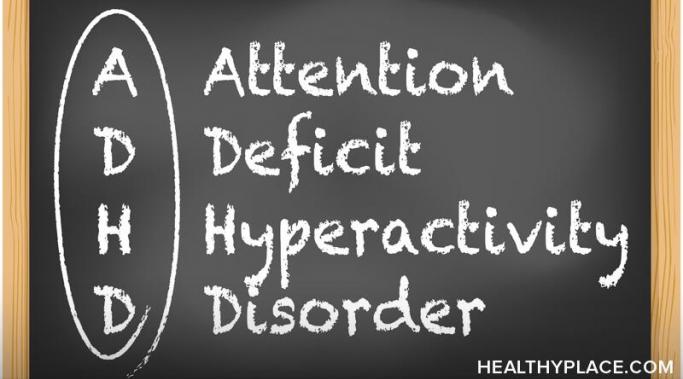Blogs
Playing the what-if game isn’t always the greatest of ideas, especially for those of us with mental illnesses that cause us to get stuck in the what-if mindset. But humor me for a second (or rather this post) because while playing the what-if game can be detrimental, I think there is some good to it sometimes and in this case, I think it’s one of those times. What if mental illness stigma never goes away? What then?
Each day is an opportunity to change your self-esteem. If you struggle with negative self-talk, insecurity or believe that it's too late to build self-esteem you are wrong. You deserve to feel confident and happy with your life. Others may have told you that low self-esteem is impossible to change, but that is not the case at all. In fact, small shifts can lead to tremendous gains in self-esteem and I have several ways you can change your self-esteem starting today.
My name is Kathy West and I am the new author of Living with Adult ADHD. I am so grateful to share my experiences with this illness and things that have helped me cope more successfully. I want to hear about your experience with attention-deficit/hyperactivity disorder (ADHD) and coping strategies you have discovered. Together, I believe we can improve our lives by sharing these things with one another.
I hate it when people say, “failure is not an option,” because, especially with bipolar, failure is always an option. And by saying “Failure is not an option,” people make it sound like failure is bad. But we all need to accept that failure is an option, and a viable one. We need to accept that with bipolar, failure happens.
Even though dissociative identity disorder (DID) is considered a dissociative disorder according to the Diagnostic and Statistical Manual of Mental Disorders or DSM-5, many people refer to it as a trauma disorder. Much like in posttraumatic stress disorder (PTSD), people with DID often have a history of trauma and/or abuse. But is trauma always a requirement for DID?
Like a lot of people with schizophrenia or schizoaffective disorder, I make use of the mental illness disability benefit. And I’m really scared of Donald Trump’s proposed budget, which seeks to cut funding for those who are on social security due to a disability. With all his proposed policies, I can find no other conclusion than that Donald Trump wants to punish people for being sick. But it’s not just him. When it comes to mental illnesses such as schizophrenia or schizoaffective disorder, a lot of people don’t understand why someone wouldn’t be able to work. People don't understand why those with mental illness would need the disability benefit.
The human brain has a negativity bias, and it is partially because of this negatively skewed view of our world that we experience anxiety. Studies have shown that the brain notices the negative more quickly and more frequently than it notices the positive.1 Not only that, it reacts much more strongly to negative stimuli than to positive. When our brain automatically, on its own, gravitates toward the negative and focuses its attention there, we feel stressed and anxious. Are we doomed to anxiety because of the negativity bias?
Coping with the suicide of a friend is one of the most excruciating, incomprehensible things a person can experience. It leaves behind a wound that will seemingly never heal. Read on for some information on how to cope with the suicide of a friend.









